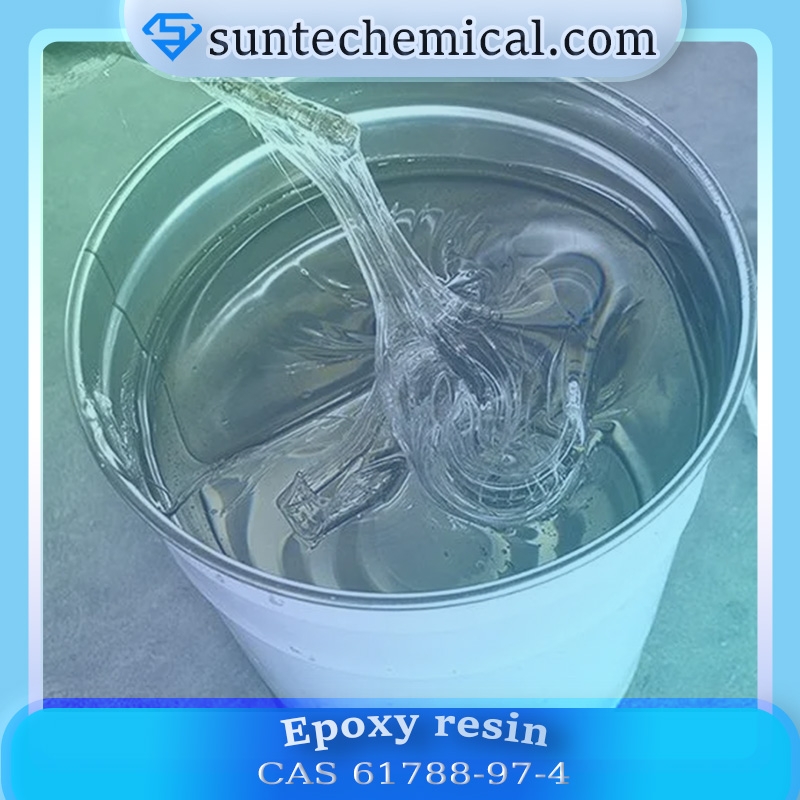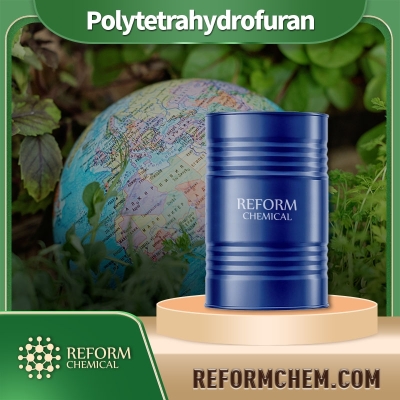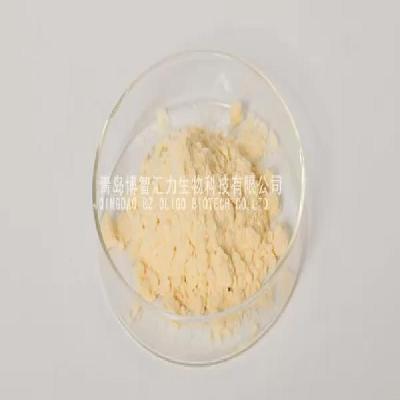-
Categories
-
Pharmaceutical Intermediates
-
Active Pharmaceutical Ingredients
-
Food Additives
- Industrial Coatings
- Agrochemicals
- Dyes and Pigments
- Surfactant
- Flavors and Fragrances
- Chemical Reagents
- Catalyst and Auxiliary
- Natural Products
- Inorganic Chemistry
-
Organic Chemistry
-
Biochemical Engineering
- Analytical Chemistry
-
Cosmetic Ingredient
- Water Treatment Chemical
-
Pharmaceutical Intermediates
Promotion
ECHEMI Mall
Wholesale
Weekly Price
Exhibition
News
-
Trade Service
Recently, Leye Photovoltaic, a subsidiary of LONGi, received a test report from TÜV Rheinland in Germany, which showed that Leye PV monocrystalline modules successfully passed the TÜV Rheinland triple IEC environmental test
.
As the core part of the photovoltaic power generation system, the reliability assessment of photovoltaic modules is extremely important, and it is also valued by more and more power station owners and banking and insurance institutions
.
What is the concept of triple IEC environmental testing? It is also known as extreme reliability testing
.
We say that the common double IEC standard requires a damp heat test 1000 cycle (DH1000), a thermal cycle test 200 cycle (TC200), a UV pretreatment test 15KWh/㎡ (UV15) and a wet freeze test 10 cycle (HF10), under which the test is passed that IEC environmental test
.
The triple IEC environmental test is to strictly test each test, improve the three times the standard, and finally complete the test
of DH3000/TC600/UV45/HF30.
This places higher demands on the materials and processes of the components, and the components need to be more resistant to extreme environments
.
There are relatively few introductions to the three-fold IEC environmental test in China, and there are relatively few component companies involved, mainly because this test has higher requirements for material selection and process technology, and the pass rate is low
.
Previously, module companies commonly used 1~1.
5 times IEC test, and the power attenuation did not exceed 5%.
Leye Solar adheres to the concept of high reliability and high quality, and is committed to providing customers with the best services and products
.
In order to ensure that even under extreme conditions, the module products have very good weather resistance, as well as better safety and durability, LOTYE specially carried out three times the IEC environmental test of its monocrystalline module products, and the results showed that all samples passed the test, and the power attenuation was also less than 5%, which is rare in the test results, fully proving the high quality and high reliability
of LOYA photovoltaic modules.
Recently, Leye Photovoltaic, a subsidiary of LONGi, received a test report from TÜV Rheinland in Germany, which showed that Leye PV monocrystalline modules successfully passed the TÜV Rheinland triple IEC environmental test
.
As the core part of the photovoltaic power generation system, the reliability assessment of photovoltaic modules is extremely important, and it is also valued by more and more power station owners and banking and insurance institutions
.
What is the concept of triple IEC environmental testing? It is also known as extreme reliability testing
.
We say that the common double IEC standard requires a damp heat test 1000 cycle (DH1000), a thermal cycle test 200 cycle (TC200), a UV pretreatment test 15KWh/㎡ (UV15) and a wet freeze test 10 cycle (HF10), under which the test is passed that IEC environmental test
.
The triple IEC environmental test is to strictly test each test, improve the three times the standard, and finally complete the test
of DH3000/TC600/UV45/HF30.
This places higher demands on the materials and processes of the components, and the components need to be more resistant to extreme environments
.
There are relatively few introductions to the three-fold IEC environmental test in China, and there are relatively few component companies involved, mainly because this test has higher requirements for material selection and process technology, and the pass rate is low
.
Previously, module companies commonly used 1~1.
5 times IEC test, and the power attenuation did not exceed 5%.
Leye Solar adheres to the concept of high reliability and high quality, and is committed to providing customers with the best services and products
.
In order to ensure that even under extreme conditions, the module products have very good weather resistance, as well as better safety and durability, LOTYE specially carried out three times the IEC environmental test of its monocrystalline module products, and the results showed that all samples passed the test, and the power attenuation was also less than 5%, which is rare in the test results, fully proving the high quality and high reliability
of LOYA photovoltaic modules.







